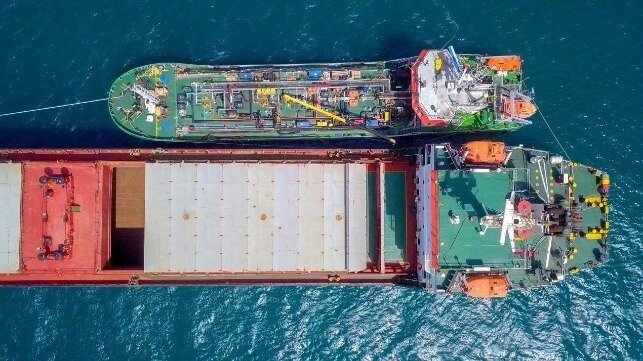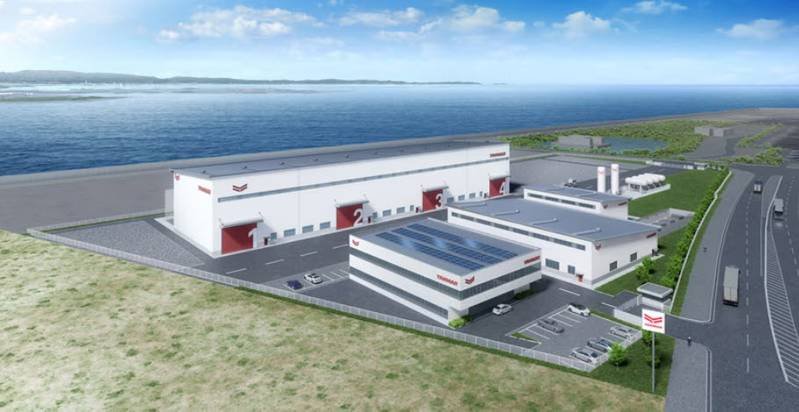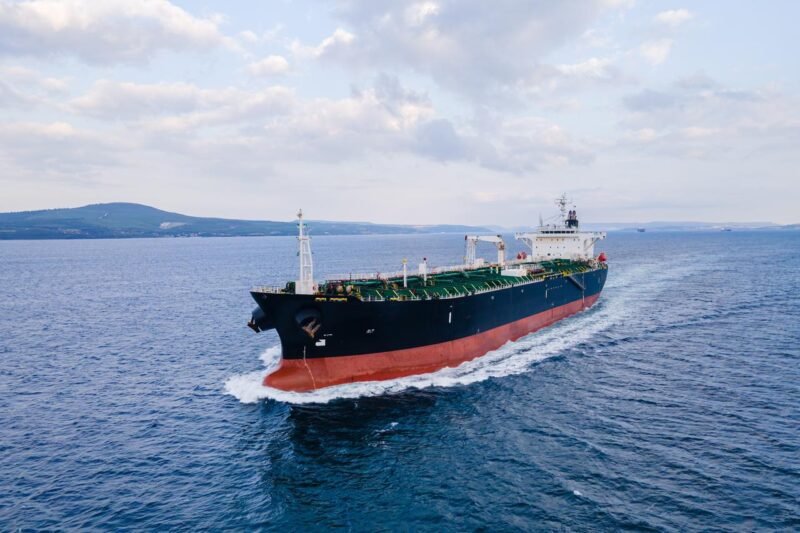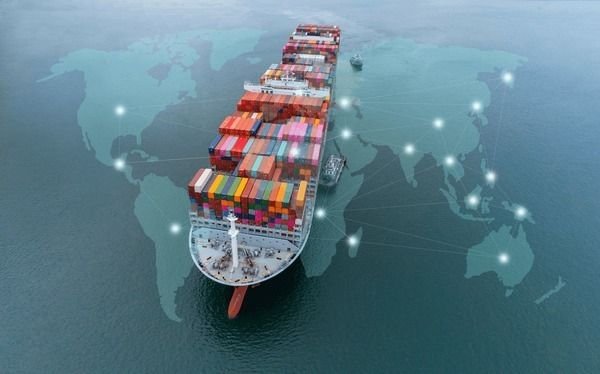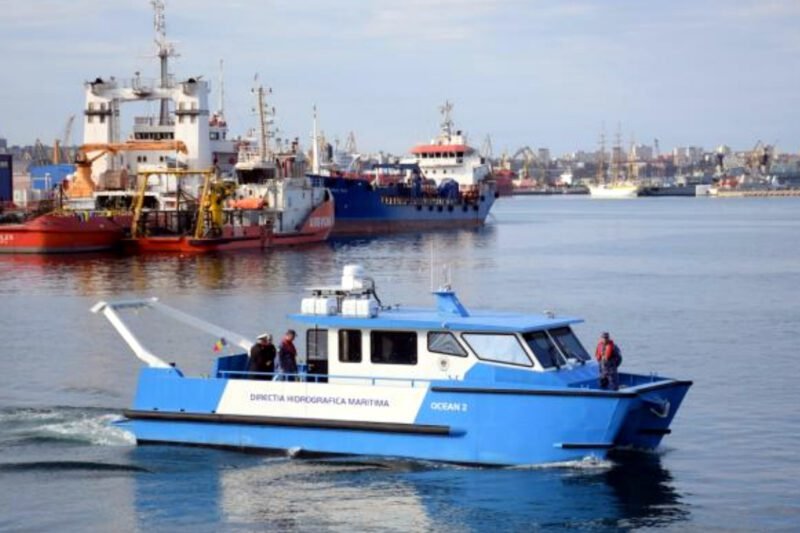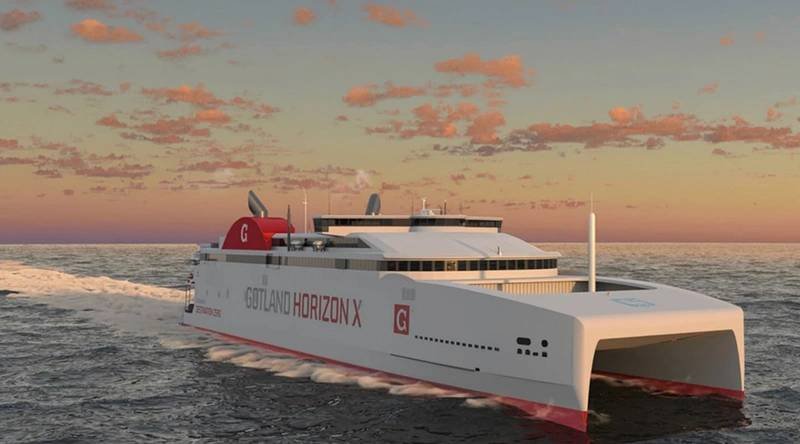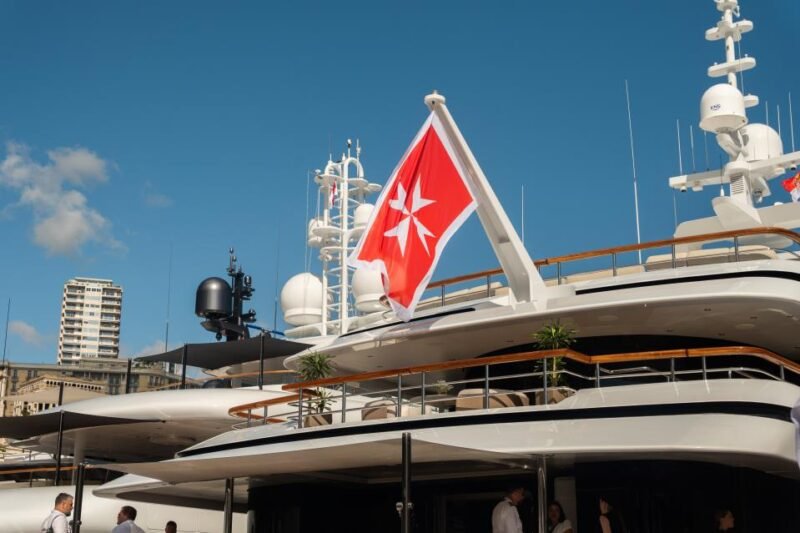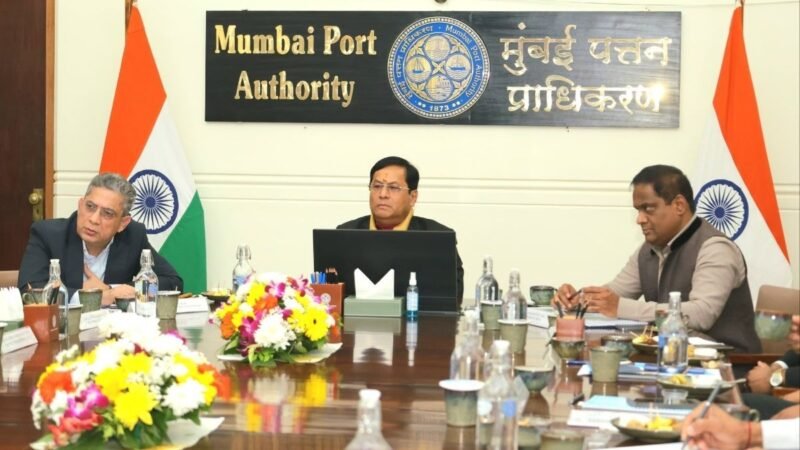Shipping companies are striving to minimize compliance costs under the FuelEU Maritime regime as penalties increase for failing to meet carbon intensity reduction targets. OceanScore is offering initial price estimates on compliance surpluses available through FuelEU’s pooling mechanism to assess compliance costs and potential earnings from generating surpluses. Compliance deficits resulting from not meeting greenhouse gas intensity targets can be mitigated by burning biofuels or LNG/LPG, with pooling being a viable option for vessels that exceed targets to offset underperforming ones.
OceanScore’s Managing Director, Albrecht Grell, notes that many shipping companies, especially smaller ones, are currently opting to pay penalties rather than considering pooling. However, paying penalties or borrowing to push compliance deficits into the future will become increasingly expensive over time. The penalty for non-compliance is set to increase by 10% annually, reaching €3360 in 2029 before further target adjustments raise costs even more. Companies must explore biofuel burning and pooling as cost-effective alternatives to penalty payments.
FuelEU mandates progressive reductions in greenhouse gas intensity, with targets increasing every five years to achieve an 80% reduction by 2050. OceanScore predicts compliance pool prices to range between €1300 and €2300, influenced by fuel costs and penalties. As the market balances with increased biofuel adoption, compliance surpluses are expected to grow, leading to lower pooling prices. Despite potential price drops, pooling remains advantageous in the long run compared to penalties or borrowing, especially as compliance requirements become stricter post-2030.


